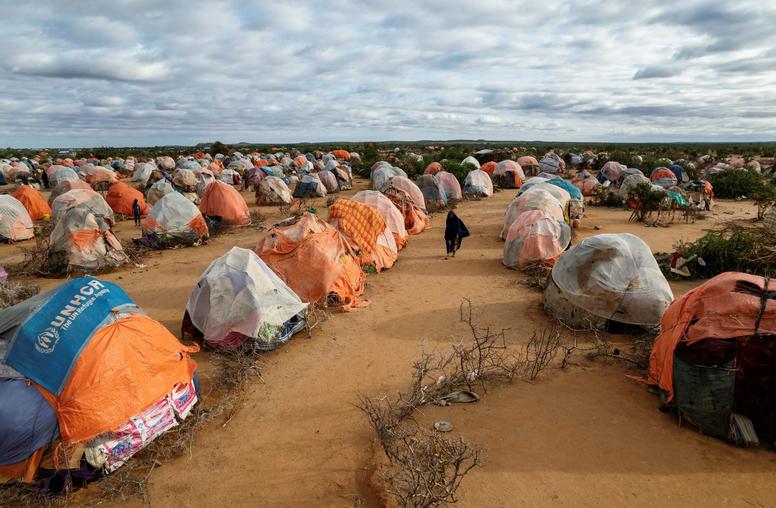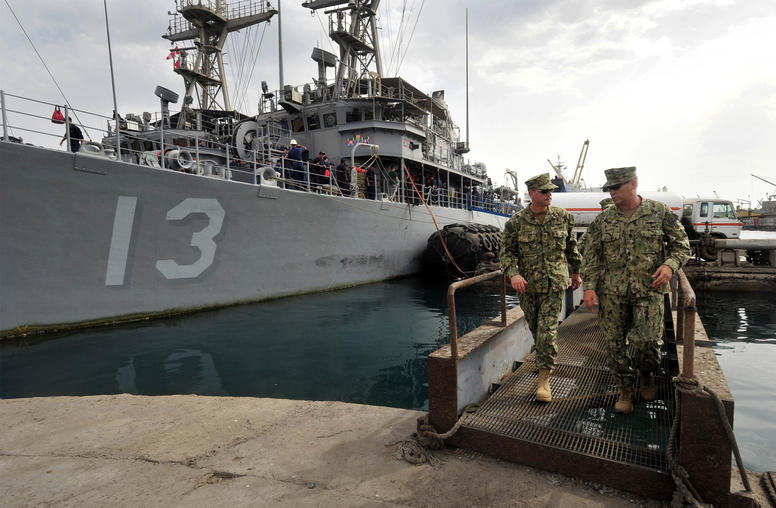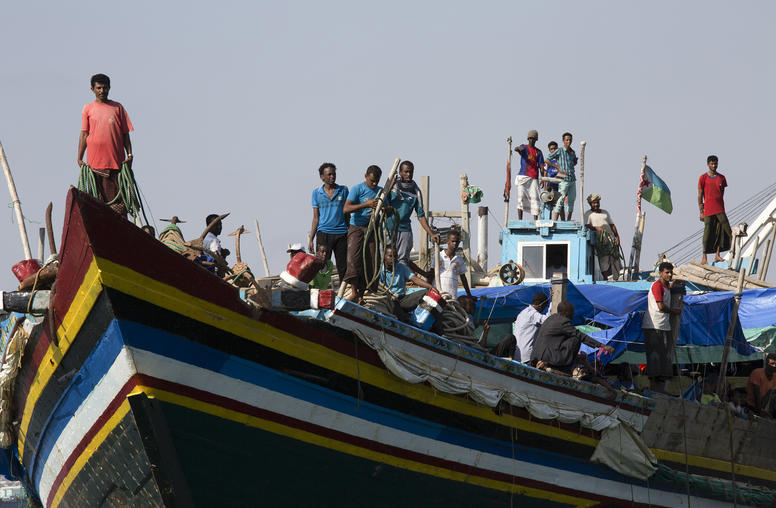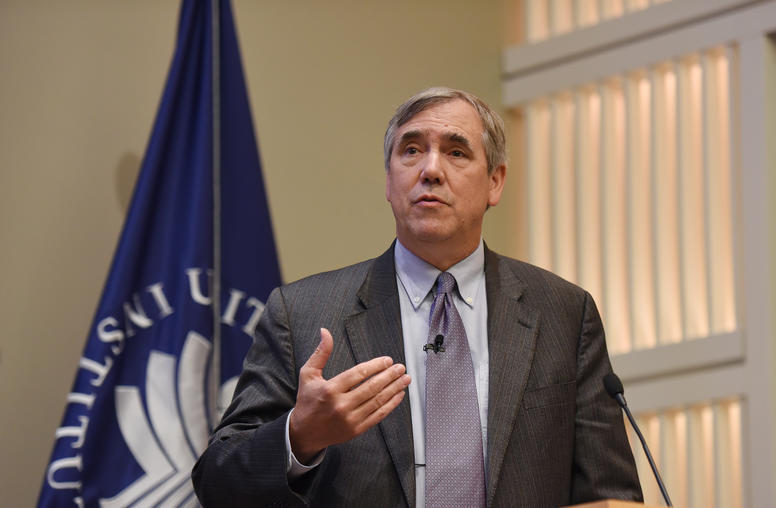Constitutionalism in Africa
This event explores the continuing evolution of constitution making and constitutionalism in Africa. Leading experts and scholars will explore recent developments in constitution making in several African nations to try and uncover lessons learned, where African constitutionalism is headed, and what we might expect in the future.
The past 20 years have witnessed a constitutional renaissance in Africa, encumbered by neither the direct exploitation of colonialism nor the manipulation of the Cold War. African nations have been as free to define their own state, nation, and constitutional character as any time in recent memory. South Africa, Namibia, and Ghana are commonly cited as positive examples for their constitution making processes, while in some countries, such as Cote d’Ivoire and Kenya, the failure of constitutional reform has been linked to political violence and instability. This event explored the continuing evolution of constitution making and constitutionalism in Africa. Leading experts and scholars discussed recent developments in constitution making in several African nations to uncover lessons learned, where African constitutionalism is headed, and what we might expect in the future.
This event also celebrated the publication of Framing the State in Times of Transition: Case Studies in Constitution Making, edited by Laurel Miller. Published by the U.S. Institute of Peace Press, this volume offers rich and diverse lessons learned from constitution making processes worldwide and provides advice to both the international community and national actors on how to approach this task. The book is available for purchase online.
Speakers
- Muna Ndulo
Professor of Law, Director of the Institute for African Development, Cornell University - Bereket Selassie
William E. Leuchtenburg Professor of African Studies, Professor of Law, University of North Carolina - Chapel Hill - H Kwasi Prempeh
Professor of Law, Seton Hall University - Laurel Miller
Senior Political Scientist, The Rand Corporation - Jason Gluck, Moderator
Senior Program Officer, Rule of Law Center of Innovation, United States Institute of Peace - Dorina Bekoe, Introductory Remarks
Senior Program Officer, Center for Conflict Analysis and Prevention, United States Institute of Peace



